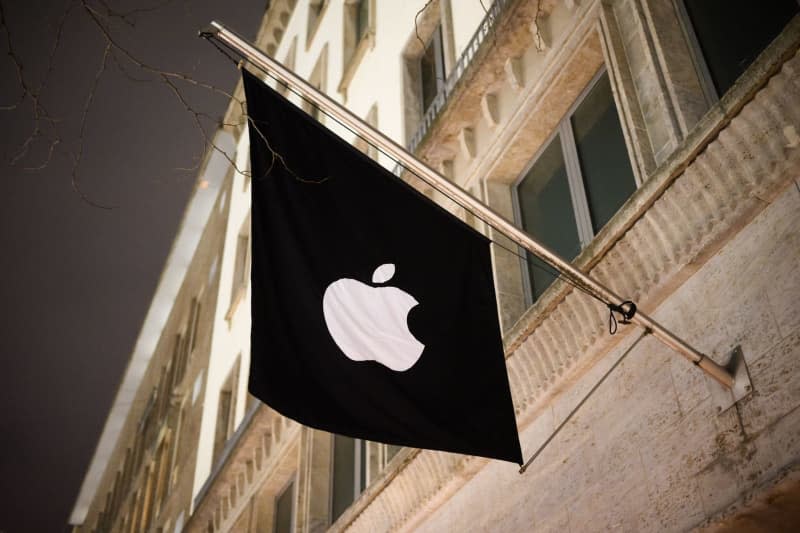Stricter rules for large online platforms are coming into force in the European Union on Thursday as part of an effort to prevent abuse of power.
The European Commission has so far identified 22 services from six companies as so-called “gatekeepers” to which the new rules apply, and the rules largely impact US tech giants Apple, Amazon, Microsoft, Google parent company Alphabet and Facebook group Meta.
The list also includes the video app TikTok from Bytedance, a company originally from China.
The rules are designed to stop gatekeeper companies from favouring their own services over those of competitors. In Google’s web search, information from specialized search engines from other companies will therefore be displayed in greater detail in future.
It is also forbidden to merge user data from different services.
For the first time, Apple must allow apps on the iPhone to be downloaded from marketplaces other than its own App Store.
Over at Meta, the chat services WhatsApp and Messenger must create the conditions for the integration of competing messaging services. However, rivals such as Signal and Threema show little interest in this given their own data protection standards.
Violations of the DMA could result in penalties of up to 10% of annual turnover – and up to 20% in the event of repeated violations. If the company still does not stop, it could then also be broken up. Ultimately, the courts are set to decide on penalties.
One unanswered question is whether the European Commission will accept Apple’s implementation of the DMA requirements. Some companies, such as Spotify, accuse the iPhone group of having designed the conditions for downloading apps from other stores in such a way that this is not acceptable for many developers.
Competition Commissioner Margrethe Vestager has so far only emphasised that the Commission will examine the implementation of the DMA requirements as a matter of priority. She also told the financial service Bloomberg that the DMA solutions of large tech companies should not be “unattractive” for their customers and users.
Among the most significant changes coming under the new EU law are related to Apple’s software, as this is set to be the first time since the launch of the iPhone that Apple will allow users to download apps that haven’t be approved for its App Store.
Apple says it will also allow other payment methods that rival Apple Pay and alternative technologies for web browsers, which were previously not permitted by Apple. In order to utilize these new options, the latest operating system version iOS 17.4 must be installed on the device.
Until now, apps on iPhones could only be downloaded from the company’s own download platform. On Google’s Android platform, however, smartphone owners have long been able to download and install apps that were geoblocked, banned or just not available on Google’s Play Store.
However, Apple is set to retain partial control over the installation of apps in the future, even if this takes place outside of its own App Store.
Unlike on Android, you won’t be able to download any app in your browser and install it. Instead, iPhone owners are required to use “authenticated” marketplaces. These are essentially iPhone apps designed to install other apps. But they can only do so if Apple approves.



